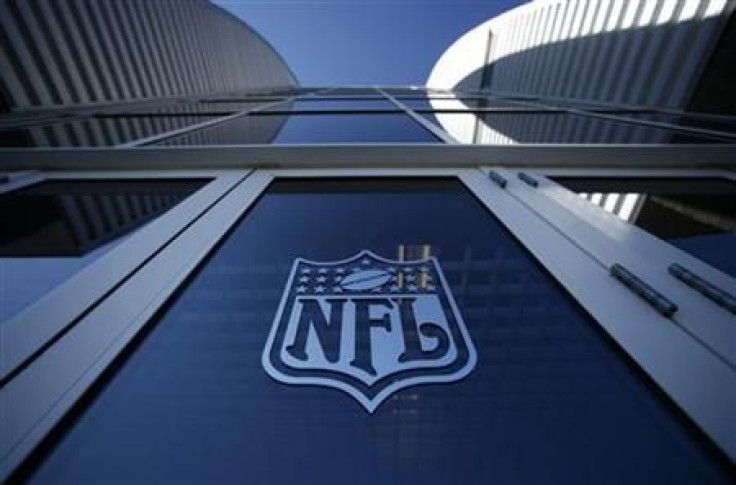NFL News: Some Ex-Players Seek To Re-Work $1 Billion Concussion Settlement

PHILADELPHIA - Lawyers representing some former NFL players urged a federal appeals court on Thursday to scrap the league's $1 billion concussion settlement because it does not cover potential victims of a degenerative brain disease linked to repeated blows to the head.
The deal should include future payments for chronic traumatic encephalopathy (CTE), a disease found in a growing number of players after their deaths, the lawyers told the 3rd U.S. Circuit Court of Appeals in Philadelphia.
The settlement unfairly favors currently injured retirees and ignores a potential 19,000 players who have yet to be diagnosed with neurological diseases, critics of the deal claim.
About 5,000 players are part of a class-action lawsuit that contends the National Football League was deceptive in hiding the dangers of concussive brain injuries.
The current deal, approved by April by Federal District Court Judge Anita Brody, provides payments of up to $5 million for former players diagnosed with certain neurological disorders. It also provides medical monitoring and concussion education.
About 99 percent of the class members accepted the deal, meaning they have not opted out. If approved in its current form, the settlement could cost the NFL $1 billion.
The small number of dissenters say it is a mistake to not include CTE and its symptoms, which include suicidal thoughts.
Autopsies found that some former NFL players who have committed suicide, including Junior Seau in 2012 and Adrian Robinson in 2015, had contracted CTE.
While CTE is currently definitively diagnosed after death, some scientists believe that within five to 10 years, better methods will be developed to identify it more readily.
Attorney Steven Molo, a lawyer for the objecting players, called CTE the "soundpiece" of the original complaint.
"A settlement like this, where there is this future claims issue, should account for the evolution of science,” said Molo. "We should at least be able to account for that, and here, this settlement doesn’t."
Samuel Issacharoff, a lawyer for the settling players, argued that the settlement was fair in light of what was known about how playing football affects players' long-term health.
"This happens in every car accident case," he said. "I’m injured today. It may turn out my back will deteriorate in five years, but I have to accept a settlement today or not.
"These settlements are not kept open on the grounds there may be better MRIs in five years that can detect some kind of latent condition that right now hasn’t manifested itself."
Paul Clement, a prominent Washington, D.C. lawyer representing the NFL, also argued in favor of the accord, which he called "fair, reasonable and more than adequate."
Clement said the settlement offered "good value," noting that out of the entire group of plaintiffs, “less than 1 percent is objecting, less than 1 percent is opting out.”
(By Natalie Pompilio; Editing by Steve Ginsburg and David Gregorio)
© Copyright IBTimes 2024. All rights reserved.











